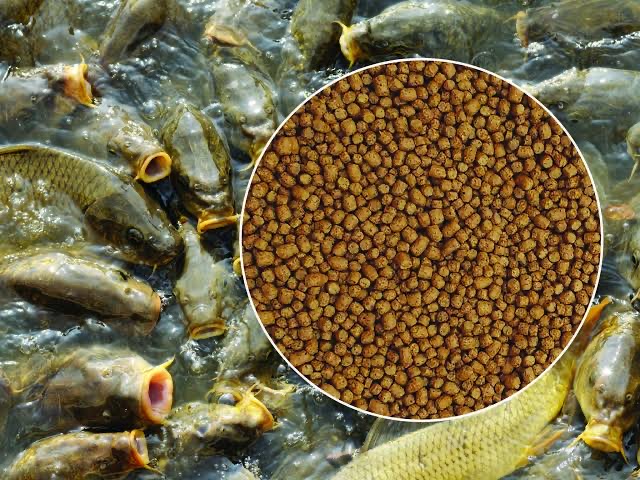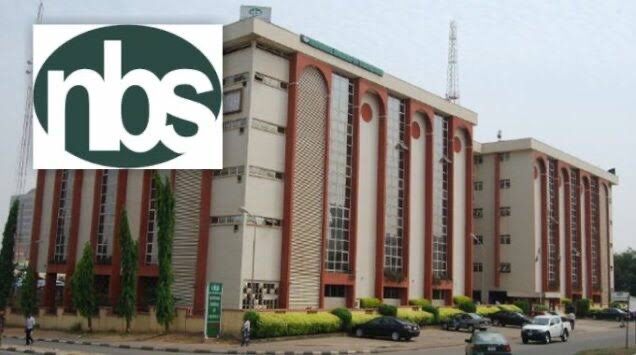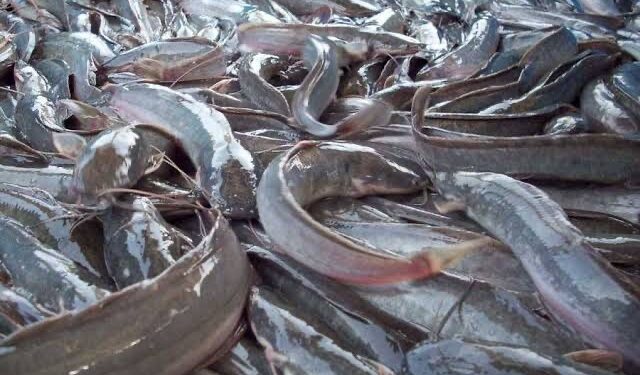Nigeria’s 120 billion naira fishing industry has been hit hard by rising feed prices, threatening small and medium-sized fishers in the sector in particular.
The National Bureau of Statistics (NBS) estimates the size of the local fishing industry at 120 billion naira. The once thriving sector is now hit by rising feed prices, which have increased by more than 100 percent in a year.
Fish prices in Lagos have risen from 18,000 naira in 2023 to 36,000 naira in 2024 per 15kg bag, a 100 percent increase nationwide. Farmers say it is slightly higher in the Niger Delta region, best known for aquaculture.
The price of 50kg of fish feed in online shops on Thursday, July 4, was up to 74,000 naira, but less than 35,000 naira for the same period in 2023.
Samson Feisetan, Managing Director of SAFSON Farm, said: He has had to close more than 10 fish ponds in two years because he could not feed his fish. “I had to cut down the number of fish I buy,” he said. “Instead of 10,000, I now get 2,000. Still, I manage to feed them because feed is so costly.”

Feisetan further said the rising prices could force more fish farmers to close their ponds. He noted that many farmers are switching to other businesses because they cannot afford feed and other inputs.
According to World Bank data, Nigeria is the third largest fish producer in Africa with production of 1,169,478 tonnes. On the continent, Egypt comes first with 1,934,743 tonnes, followed by Morocco with 1,387,815 tonnes.
According to the Food and Agriculture Organization of the United Nations, more than 80 percent of Nigeria’s domestic production is carried out by small-scale artisanal fishers in the coastal and inland, Niger Delta streams, lagoons, inland rivers, and lakes.
But fish farms and ponds are now at risk as high feed prices have forced many farmers out of business, making it increasingly unattractive, Feysetan said. He said the rise in feed costs was due to rising prices of raw materials such as maize, soya beans, and minerals used in processing fish feed.
He said the price of maize and soya beans, key protein components in feed production, had increased by more than 100 percent in a year.
According to insights from Journalists, a tonne of maize currently sells for an average of 600,000 to 1 million naira depending on the location. By the end of 2022, it had halved in price.
“Maize and soybeans are expensive. Even if you have money to buy them, they are not easy to find in the market. Many farmers are no longer able to work on their farms. As a result, local procurement of live feed has decreased,” Feysetan added.

Food inflation, the main driver of overall inflation, was 40.66 percent in May 2024.
Farm Manager, of Courage Farms and Agro, Opeyemi Adeniyi, said the rising cost of feed has forced her to look for alternatives to feed her fish, such as cooked chicken. “It has become very difficult to buy feed in the market due to the rising prices,” she noted.
The recently released National Agricultural Sample Census report by the National Bureau of Statistics (NBS) revealed that only 5 percent of Nigerian farming households are engaged in fish farming.
The report also revealed that of all local government units surveyed, about 68 percent cited low financial capacity, poor access to credit, and inadequate infrastructure as the biggest barriers to the sector.
Professor of Aquaculture and Fisheries Management at the Federal University of Agriculture, Abeokuta, Francisca George, said fish farming is a lucrative business but farmers need proper understanding to avoid losses.
“Aquaculture is relatively new in Nigeria but it is very well developed and still evolving. The company is the fastest growing agricultural company in the world,” she said in response to a question from Journalists.
According to her, the business is capital intensive but the benefits are worth it, arguing that farmers need to see the benefits it brings beyond the costs.
“Fish feed contains a lot of protein and we know that protein is not cheap in Nigeria. Feed is expensive as it accounts for more than 60 percent of the running costs of aquaculture. However, the conversion rate has been very good,” George said.
Esther Feysetan, managing director of Feyi Smoked Catfish, which runs the processed aquaculture unit, said the uncertainty has forced many farmers to relocate elsewhere, affecting local feed procurement.
“Many farmers are abandoning their farms due to the uncertainty, which is affecting the supply of some key raw materials needed to produce fish feed,” she told Journalists.

































